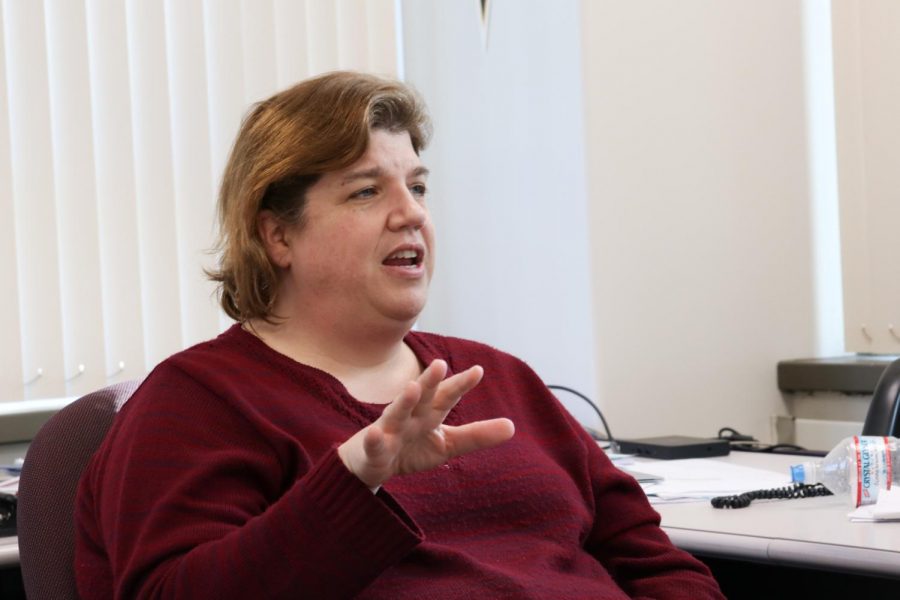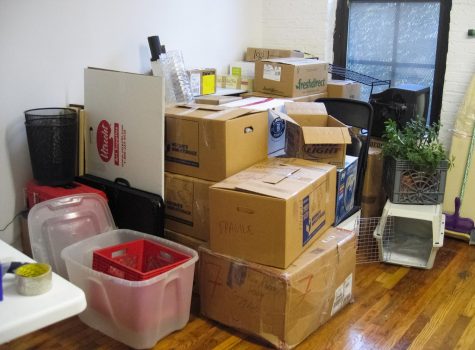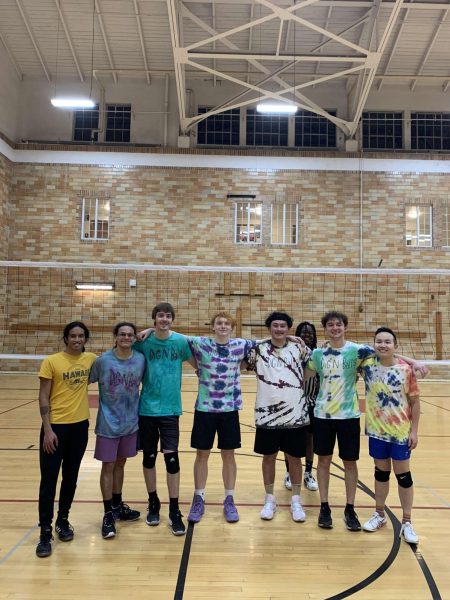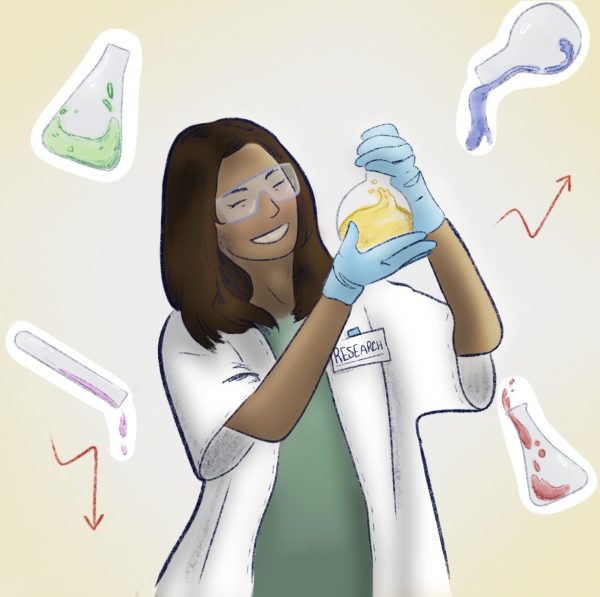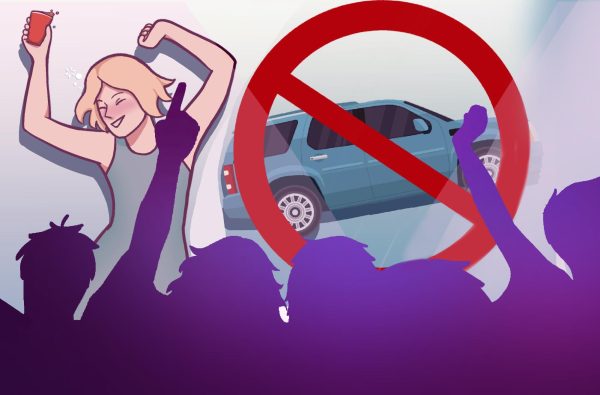Things change, don’t be rigid about your major
More than 50 percent of students switch it up, you can just relax
JACK LEWIS-CLARKE | THE DAILY EVERGREEN
Executive Director of Advising Terese King says, statistically, two-thirds of college students change their major at least once Tuesday in Lighty Student Services Building.
February 11, 2019
When it comes to choosing a major, it can be daunting to make a decision that has the potential to change the trajectory of the rest of your life.
At the ripe age of 18, young adults are hasty to decide their majors, and a vast majority of them end up changing it during their four years. Take your time, and be flexible.
“Nationally about two-thirds of all college students will change their major at least once, and some will change two or three times at WSU,” said Terese King, the executive director of university advising at the Academic Success and Career Center. “We’ve been looking at this figure for well over several years.”
Anika Anderson, a third-year wine and beverage management major, said her major reflects her identity.
“I used to be a psych major, but I don’t think it reflects my personality anymore,” Anderson said. “I switched last semester — it was confusing switching over departments, but the advisors really helped me.”
It may seem impossible to figure out what to study in college, and many young adults pick their career goals based on how much money they can earn later down the line.
“Many students don’t know much about the majors they pick, but they choose it because they think it’s marketable,” King said. “There are a lot of students [who] will say, ‘I picked my major because my dad wanted me to do this or my parents are this.’ ”
For people entering college undecided, UCORE courses are here to help. There are fields of study students may never have heard about until they take classes to fulfill a requirement, and with exposure to new topics, those entry-level classes can define what undergraduates end up researching.
“We only know oftentimes what is in our world as we’re growing up, so we know about the doctors, teachers and firemen,” King said. “We know those professions based on what we’ve been exposed to — I never knew what a neuroscientist was until I went to college.”
While wealth and success may be the end goal of graduating from college, majoring in something you’re invested in is also a huge part of the experience.
After studying something for a while, people are apprehensive to switching majors, but college is a time for experimentation and an extra semester often means nothing in the grand scheme of things.
If you don’t like what you’re studying and feel stuck with your courses, take classes in things you’ve never tried. Let yourself explore, and figure out what makes you excited to learn — don’t let the fear of veering off-course hold you back.


